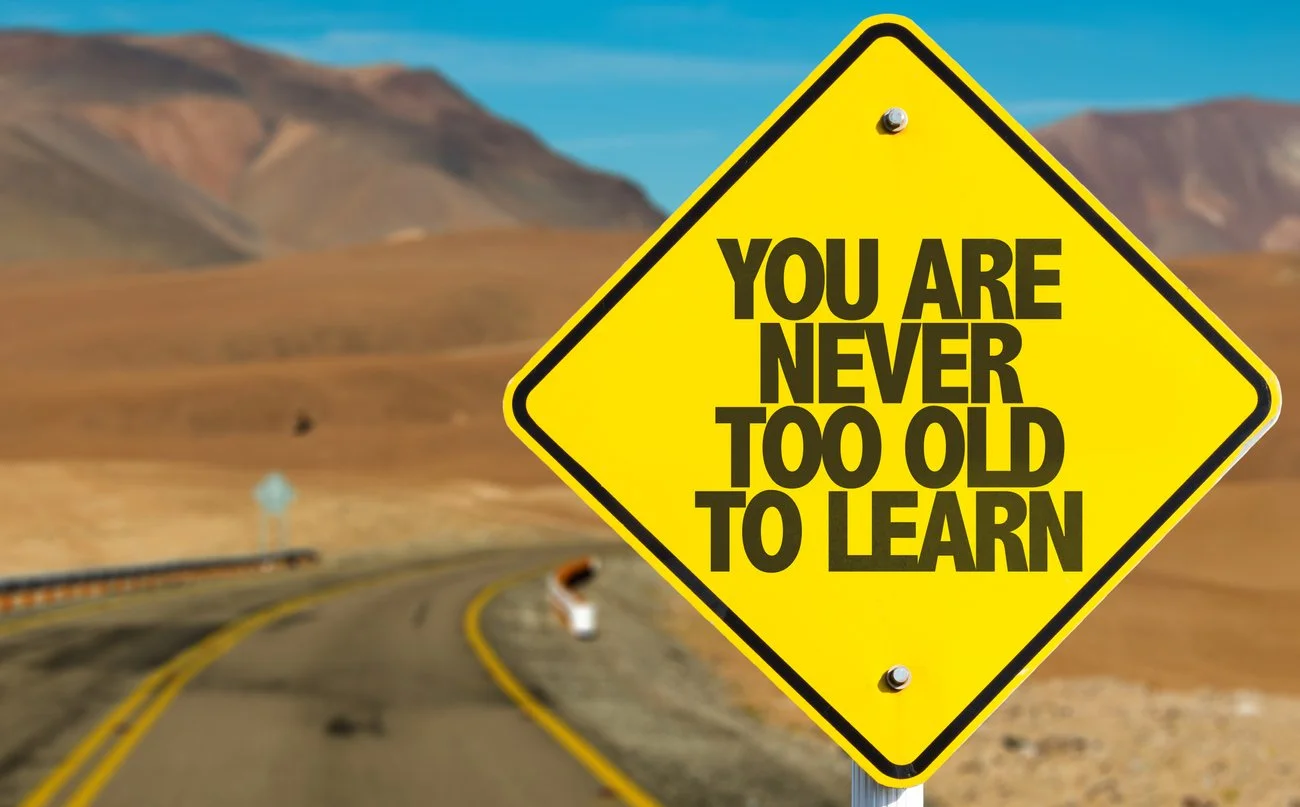Back to School Days
Dear Caregivers,
As we head into the Labor Day Holiday, it always reminds me of new beginnings. After all, it’s the unofficial end of summer, and schools all over the country are beginning classes again. Of course, your circumstances may be very different. Regardless, I hope that this energy of renewal flows through you as well.
Though most of us are no longer going back to school, it’s still the case that the key to caregiving success is love, patience -- and lifelong learning!
That’s because you have a big job to do, and the more you learn about your loved one’s disease and how to handle it, the more prepared you will be. Most importantly, you’ll have more confidence and less anxiety about the future, which will reduce your stress.
So, sharpen those pencils and read on for more!
I’m a Caregiver, Now What?
No matter what illness you and your loved one are facing, planning ahead can increase your knowledge and understanding, and will often allow for a wider range of care options and provide an overall peace of mind for everyone. Even if you have been caregiving for a while, this overview will give you a refresher on what you need to think about in order to plan for the future.
What do the 7 Stages of Alzheimer’s disease mean?
Knowing the stages of Alzheimer’s helps Caregivers predict what kinds of behaviors to expect in their loved one, as well as prepare for changes yet to come. As a “slowly progressive” illness, Alzheimer’s disease has a set of symptoms that are likely to appear as the years unfold. (A note of caution: Some people may find it upsetting to read about the progression of Alzheimer’s disease.) Here’s what you need to know about the FAST Scale, which stands for Functional Assessment Staging Tool, and which is used to evaluate your loved one’s stage of the disease.
Facing the Grief of Caregiving:
It is common for family caregivers helping a loved one with Alzheimer’s disease to feel a profound sense of grief for all that is lost to this disease. Loss of interest in activities we previously found rewarding and enjoyable are lessened or no longer enjoyable. This is often seen in depression but can also be attributed to a profound loss. Here’s how to cope.
Remember, if you can’t find the information you need on our website, you can always “Ask NAN” by clicking on this link.
Best,
Rosemary D Laird, MD, MHSA
Founder and Chief Medical Officer
“Commit yourself to lifelong learning. The most valuable asset you'll ever have is your mind and what you put into it.”
— Albert Einstein




